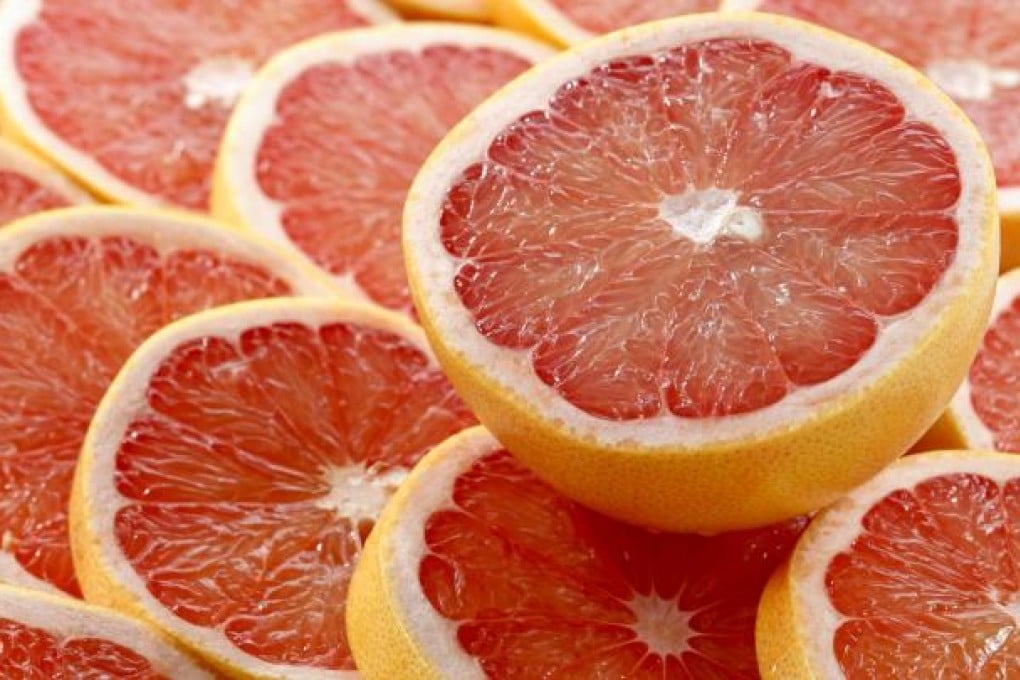Mixing grapefruit and drugs deadlier than ever, researchers say

It has been known for a long time that eating grapefruit and taking certain prescription oral medications - including the cholesterol drugs atorvastatin, lovastatin and simvastatin, as well as some cancer and heart drugs - don't mix.

Writing in a review in the journal CMAJ, the scientists urged physicians who prescribe these medications to learn more about the drugs' interactions with grapefruit juice.
The culprit ingredients in grapefruit juice, wrote pharmacologist David Bailey, of the Lawson Health Research Institute in London, Ontario and co-authors, are chemicals known as furanocoumarins, which are also found in the Seville oranges sometimes used in marmalades, in limes and in pomelos (but not in Valencia or navel oranges.)
Furanocoumarins bind to - and thus, inactivate - an enzyme called CYP3A4 that is important for breaking down some drugs. If the enzyme is inactivated, too much of these medications can remain in a patient's system for too long, resulting sometimes in dangerous side effects including sudden death, kidney failure, gastrointestinal bleeding and other problems.
In all, more than 85 drugs are thought to interact with grapefruit, the team wrote, 43 of them in dangerous ways. Eating a single grapefruit or drinking as little as 200 millilitres of grapefruit juice can be enough to meaningfully alter the concentration of drugs in a patient's body, the team wrote. The precise number of people who suffer these effects is unknown. People older than 45 are believed to be at greater risk because they buy the most grapefruit, and also take the most prescription drugs.